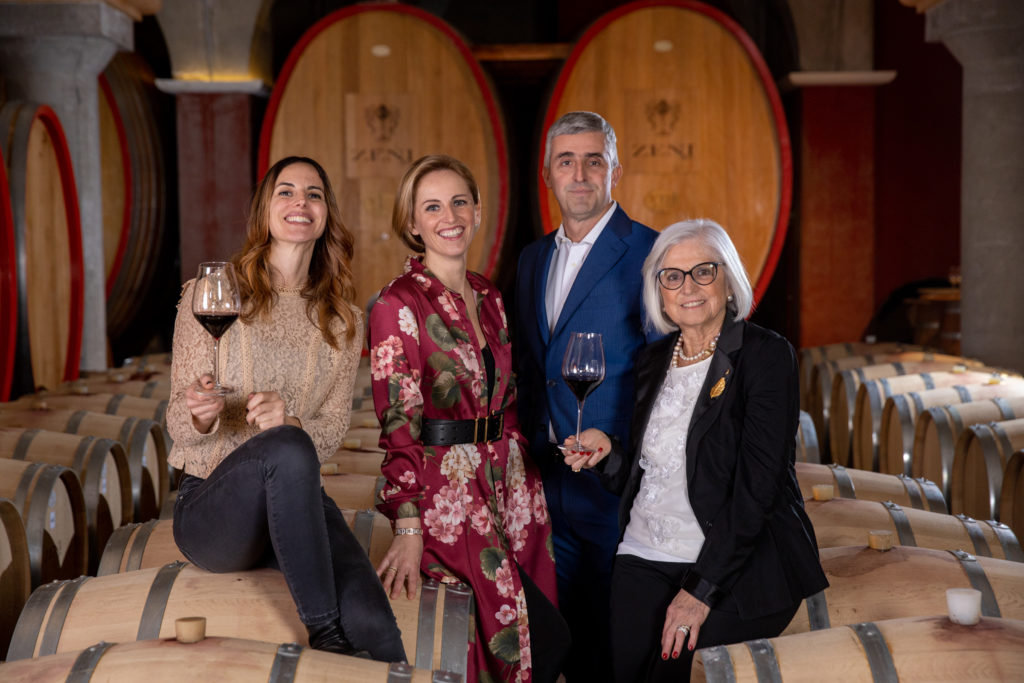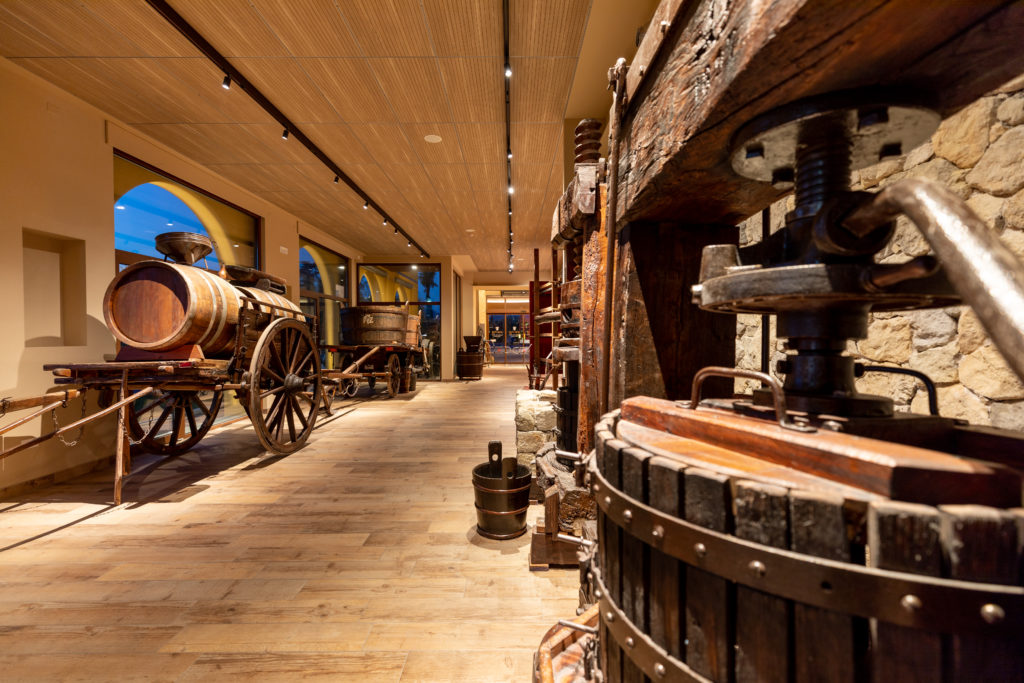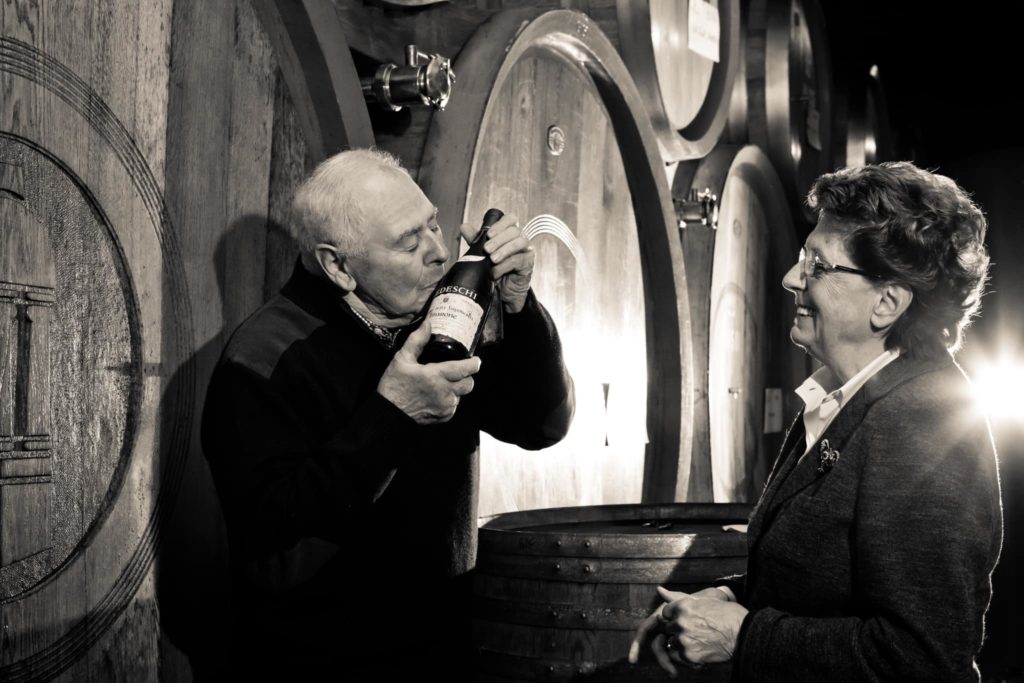Zeni 1870
For five generations, the Zeni family has preserved a centuries-old tradition and a passion for wine that reflects the essence of its territory. The history of the winery dates back to 1870 with Bartolomeo Zeni: a talented painter but a carter by trade, he transported food and wine to the villages along the shores of Garda Lake. Wine was his specialty, and his son Gaetano continued his work as a wine broker. Later, with Francesco, Gaetano’s eldest son, the Zeni family not only carried on the family name but also their dedication to agricultural work. However, it was thanks to the brothers Faustino and Ernesto that the family’s wine production found fertile ground for its future commercial development. Faustino, a lover of nature and hard grower, dedicated himself to vineyard care, while Ernesto, the commercial soul of the enterprise, managed the winemaking in a small cellar on Garibaldi Street 16 in the ancient village of Bardolino.

With the rapid expansion of the market, especially abroad, Gaetano, known as Nino, together with his uncle Ernesto, revolutionized the company’s philosophy. They decided to produce excellent wines not by blending grapes from various vineyards, but by vinifying separately the grapes from distinct production areas. This approach highlighted the value of the specific location where the grapes were grown. Nino was the true innovator of the modern era of the winery: his numerous initiatives elevated the winery to its current prestige, recognized worldwide. In the 1950s, he decided to move production from the small cellar in Bardolino’s historic centre to a larger and more functional facility on the hills just above the town, offering a stunning view of Garda Lake. Here, he founded the now-renowned Wine Museum, aimed at promoting the cultural, historical, and social meaning of this asset. The museum publicly and freely displays an extensive private collection of tools that bear witness to the winemaking heritage of Verona and Italian wine culture.

Tedeschi
The notarial deeds from 1630 attest to the purchase by the ancestors of agricultural land in Valpolicella. Starting from the 19th century, Tedeschi produced wine for their own tavern and later began selling it to other Veronese businesses. The arrival of Lorenzo, father of the current managers, directed the company towards high-quality production. In 1964, he had the foresight to vinify separately the grapes from Monte Olmi (owned since 1918), inserting the name of the vineyard on the label, at a time when the concept of terroir was not yet known. Winemaking is a passion that runs in the family for generations, up to now with the siblings Antonietta, Sabrina, and Riccardo, in charge of the company. The 48 hectares of hillside vineyards, in different valleys, create a blend of complexity, elegance, and aromatic freshness, without following trends.

The family’s cornerstones are deep knowledge, the enhancement of the territory, and scientific research focused on new methods of grape and wine processing, to further emphasize the characteristics and differences of the subzones. The achievement of Equalitas and Biodiversity Friend certifications reflects a production philosophy that emphasizes environmental care, the beauty of nature, the economy of the system, attention to workers and for those living alongside this reality. This Amarone is now the family emblem and a benchmark of the region. The idea of an Archive of Tedeschi wines came from Lorenzo when, in the 2000s, a certain quantity of Amarone was kept for each label produced and for each precious bottles (about 27.000), which are now available for sale to passionate collectors and fine food restaurants.